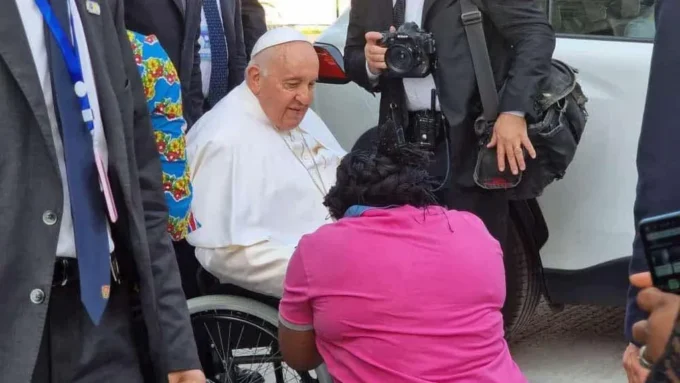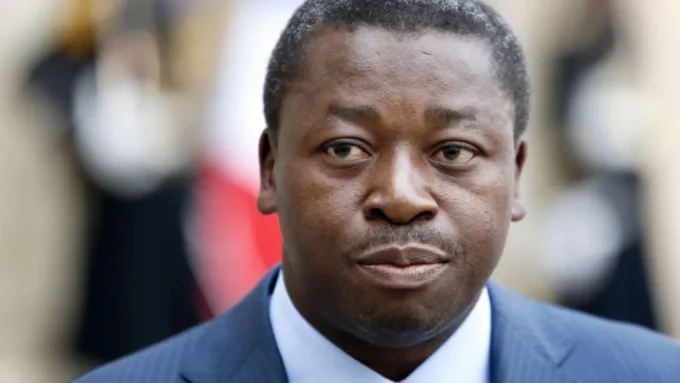The ongoing conflict in Libya continues to draw global attention, particularly due to the country’s vast oil reserves. During a United Nations Security Council meeting on Libya, Russia’s UN envoy, Vassily Nebenzia, accused Western nations of prioritizing Libya’s oil over the nation’s political stability and peace.
Nebenzia’s remarks were sparked by what he described as the “sharp reaction” of Western countries whenever there is a disruption in the supply of Libyan hydrocarbons. “It seems that Libyan oil is the only matter of concern for them,” Nebenzia said, underscoring the disproportionate attention given to the oil sector compared to the urgent political and humanitarian issues facing the nation.
Libya, a country rich in oil reserves, has long been a significant supplier of hydrocarbons to the global market. However, in recent years, the country has seen increasing instability as armed groups take control of key oil production facilities. Several of these groups, identifying themselves as Libya’s Petroleum Facilities Guard, have declared that they will block the country’s oil fields unless they are paid for safeguarding these vital resources. This growing trend of armed groups leveraging control over oil fields has exacerbated Libya’s ongoing instability, leading to frequent disruptions in oil production and export.
Nebenzia’s criticism at the UN highlights what many see as a deep-rooted issue in the international community’s engagement with Libya. While political instability, human rights violations, and a collapsing economy have severely impacted Libya’s citizens, the international spotlight often shifts quickly when the flow of oil is threatened. For Nebenzia, this signals a misalignment of priorities, with oil interests overshadowing the urgent need for a sustainable political solution in the country. He emphasized that the international community’s focus should shift from securing oil resources to facilitating a genuine political settlement that addresses the root causes of the conflict.
Libya has been in turmoil since the fall of Muammar Gaddafi in 2011, a situation worsened by external interventions and internal divisions. Various armed factions have vied for power, each backed by different international players with strategic interests in the country. For the West, Libya’s importance is largely tied to its oil output, with Europe being heavily reliant on Libyan crude oil and gas to meet its energy needs.
The growing influence of armed militias controlling key oil infrastructure has created a new set of challenges for the Libyan government and the National Oil Corporation (NOC). These militias have frequently halted oil production and exports to pressure the NOC into paying them for their services as “protectors” of the oil fields. This has led to massive losses in revenue, further destabilizing the fragile economy.
As Nebenzia pointed out during the UN Security Council meeting, such blockades have become increasingly common, turning Libya’s oil into a bargaining chip for various factions. This situation, he argued, is being exacerbated by external actors whose primary focus is ensuring the continuous flow of hydrocarbons rather than addressing the deeper political and security challenges facing the country.
The future of Libya’s oil sector remains uncertain as political instability, armed militias, and external interventions continue to shape the landscape. For Nebenzia, the solution lies not in securing oil fields but in fostering an inclusive and sustainable political settlement. He called on the international community to support Libya’s efforts towards peace rather than focusing narrowly on oil.














Leave a comment